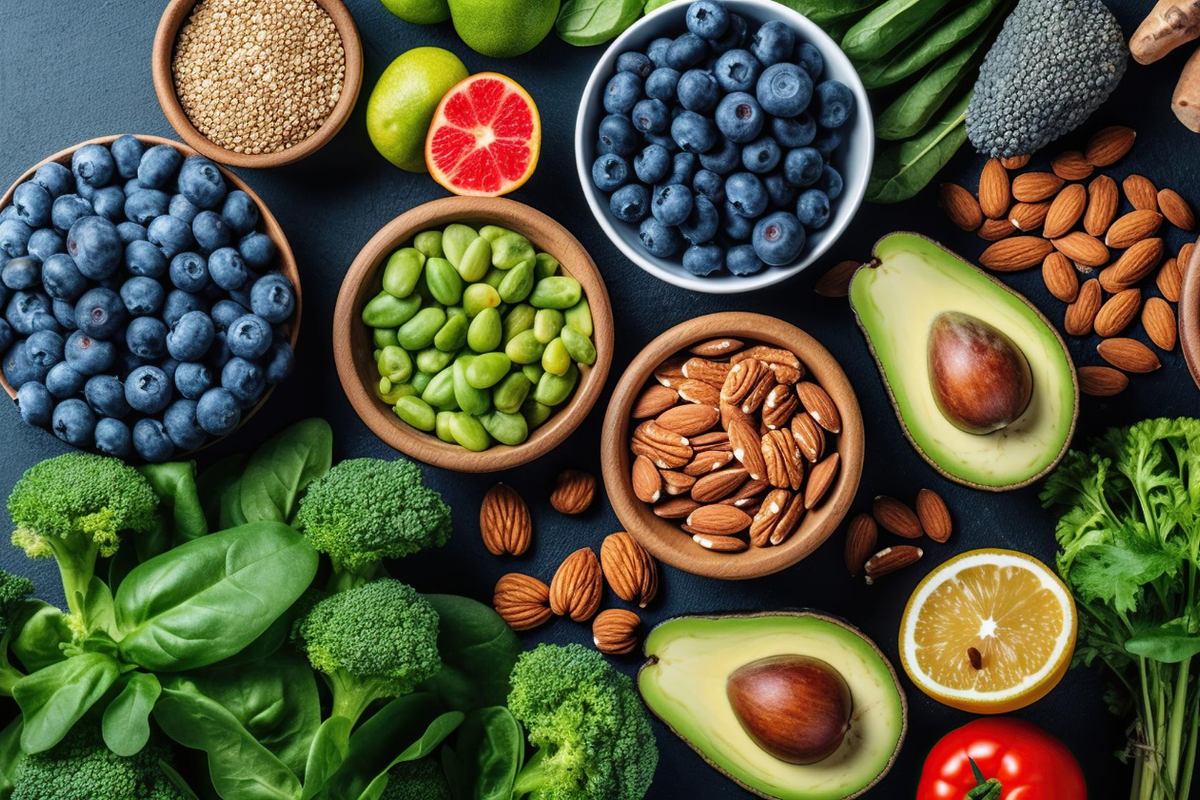Many people rely on coffee to kickstart their day, but when is the best time to drink it? Drinking coffee on an empty stomach may have some benefits and drawbacks, depending on your individual preferences and health conditions. In this article, we will explore the pros and cons of having coffee before breakfast, and how to optimize your morning routine for maximum energy and wellness.
The Morning Ritual: Why Coffee on an Empty Stomach?
Boosting Metabolism and Weight Management
Coffee as a Metabolic Igniter
Starting your day with coffee on an empty stomach can kickstart your metabolism. Caffeine, the powerhouse behind coffee’s stimulating effects, prompts the release of adrenaline. This, in turn, enhances metabolic activity, promoting efficient calorie burning throughout the day. According to a study, caffeine can increase the metabolic rate by 3–11%, depending on the dose and individual response. Another study found that caffeine can increase fat oxidation by 13% and energy expenditure by 4%. By drinking coffee before eating, you may also reduce your appetite and calorie intake, as caffeine can suppress hunger and increase satiety hormones.
Improved Cognitive Function
Sharper Focus and Increased Alertness
The caffeine in coffee acts as a central nervous system stimulant, heightening alertness and sharpening cognitive functions. Consuming it on an empty stomach ensures a quicker absorption rate, maximizing its positive impact on your mental acuity. Caffeine can cross the blood-brain barrier and affect various neurotransmitters, such as dopamine, serotonin, and acetylcholine, which are involved in mood, memory, and learning. Several studies have shown that caffeine can improve various aspects of cognitive performance, such as attention, reaction time, vigilance, and problem-solving. By drinking coffee before breakfast, you may also boost your brain’s ability to process glucose, which is the main fuel for your brain cells.
Navigating Potential Concerns: Addressing Acidity
Mitigating Acidity with Smart Choices
Selecting Low-Acidity Coffee Beans
Choosing low-acidity coffee beans can make a big difference for those who are sensitive to the acid in coffee. Low-acidity coffee beans have a lower pH level than regular coffee beans, which means they are less likely to cause irritation or discomfort in the stomach and esophagus. Low-acidity coffee beans also have a milder and smoother flavor profile, without sacrificing the richness and complexity of coffee. There are several factors that affect the acidity of coffee beans, such as the origin, roast, brew, and blend. Here are some tips on how to select low-acidity coffee beans that suit your taste and health needs:
- Origin: The origin of the coffee beans refers to the geographical region where they are grown. Different regions have different soil types, altitudes, climates, and processing methods, which influence the acidity of the coffee beans. Generally, coffee beans from lower altitudes and warmer climates tend to be lower in acidity than those from higher altitudes and cooler climates. For example, coffee beans from Brazil, Indonesia, and Sumatra are usually lower in acidity than those from Ethiopia, Kenya, and Colombia1.
- Roast: The roast of the coffee beans refers to the degree of heat and time that they are exposed to during the roasting process. Roasting transforms the chemical and physical properties of the coffee beans, affecting their flavor, aroma, color, and acidity. Generally, darker roasts tend to be lower in acidity than lighter roasts, because the roasting process reduces the amount of acidic compounds in the coffee beans. For example, French roast, Italian roast, and espresso roast are usually lower in acidity than light roast, medium roast, and city roast2.
- Brew: The brew of the coffee beans refers to the method and technique of preparing the coffee drink. Brewing involves extracting the soluble compounds from the coffee beans using water, which affects the flavor, strength, and acidity of the coffee. Generally, brewing methods that use lower temperatures, shorter times, and coarser grinds tend to produce lower acidity coffee than those that use higher temperatures, longer times, and finer grinds. For example, cold brew, French press, and pour-over are usually lower in acidity than drip, percolator, and espresso3.
- Blend: The blend of the coffee beans refers to the combination of different types of coffee beans to create a unique flavor and quality. Blending can also affect the acidity of the coffee, depending on the proportion and characteristics of the coffee beans used. Generally, blending low-acidity coffee beans with other ingredients, such as chicory, mushrooms, or spices, can further reduce the acidity and enhance the health benefits of the coffee. For example, Tieman’s Fusion Coffee is a low-acidity coffee blend that contains matcha green tea, rooibos red tea, and goji berry, which provide antioxidants and neutralize the pH of the coffee4.”
Balancing with Water Intake
Hydration: The Key to Harmony
To counteract potential acidity, accompany your coffee ritual with a glass of water. Staying adequately hydrated not only aids digestion but also ensures a balanced internal environment, mitigating any discomfort.
Unveiling the Chemistry: The Science Behind Coffee
Understanding the Interaction with Gastric Juices
Coffee and Gastric Juices
According to some studies, coffee may stimulate the production of gastric acid, which is a digestive fluid that helps break down food in the stomach. However, the effect of coffee on gastric acid secretion is not the same for everyone and may depend on factors such as the amount, type, and preparation of coffee, as well as the individual’s sensitivity and tolerance. For some people, coffee may cause or worsen symptoms of acid reflux, such as heartburn, indigestion, or sour taste. For others, coffee may have no or minimal impact on their gastric acid secretion and digestion.
If you are concerned about the acidity of coffee, you may want to try some alternatives or modifications, such as choosing a lighter roast, adding milk or cream, or opting for a cold brew. These methods may reduce the acidity of coffee and make it more tolerable for your stomach”
Harnessing Antioxidant Power
Coffee as a Source of Antioxidants
Beyond its wakefulness-inducing properties, coffee is a rich source of antioxidants. These compounds combat oxidative stress, which is a state of imbalance between free radicals and antioxidants in your body. Oxidative stress can damage your cells and contribute to aging and various diseases, such as cancer, diabetes, and heart disease. Consuming coffee on an empty stomach allows for better absorption of these antioxidants, enhancing their potential benefits. According to a study, drinking coffee before a meal increased the antioxidant capacity of the blood by 30%, compared to drinking coffee after a meal. Another study found that drinking coffee on an empty stomach increased the bioavailability of chlorogenic acids, which are a type of antioxidant in coffee, by 1.5 times. These antioxidants have anti-inflammatory, anti-diabetic, and anti-obesity effects.

In conclusion, the decision to enjoy coffee on an empty stomach is a personal one, with various factors influencing its impact. At [Your Website], our aim is to equip you with the knowledge to make informed choices that align with your lifestyle and preferences. By understanding the science behind coffee consumption and adopting smart practices, you can harness the benefits of this beloved beverage to elevate your mornings. Cheers to a caffeinated start to a vibrant day!









